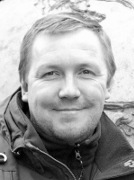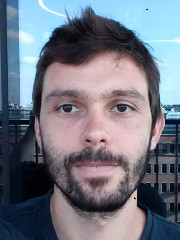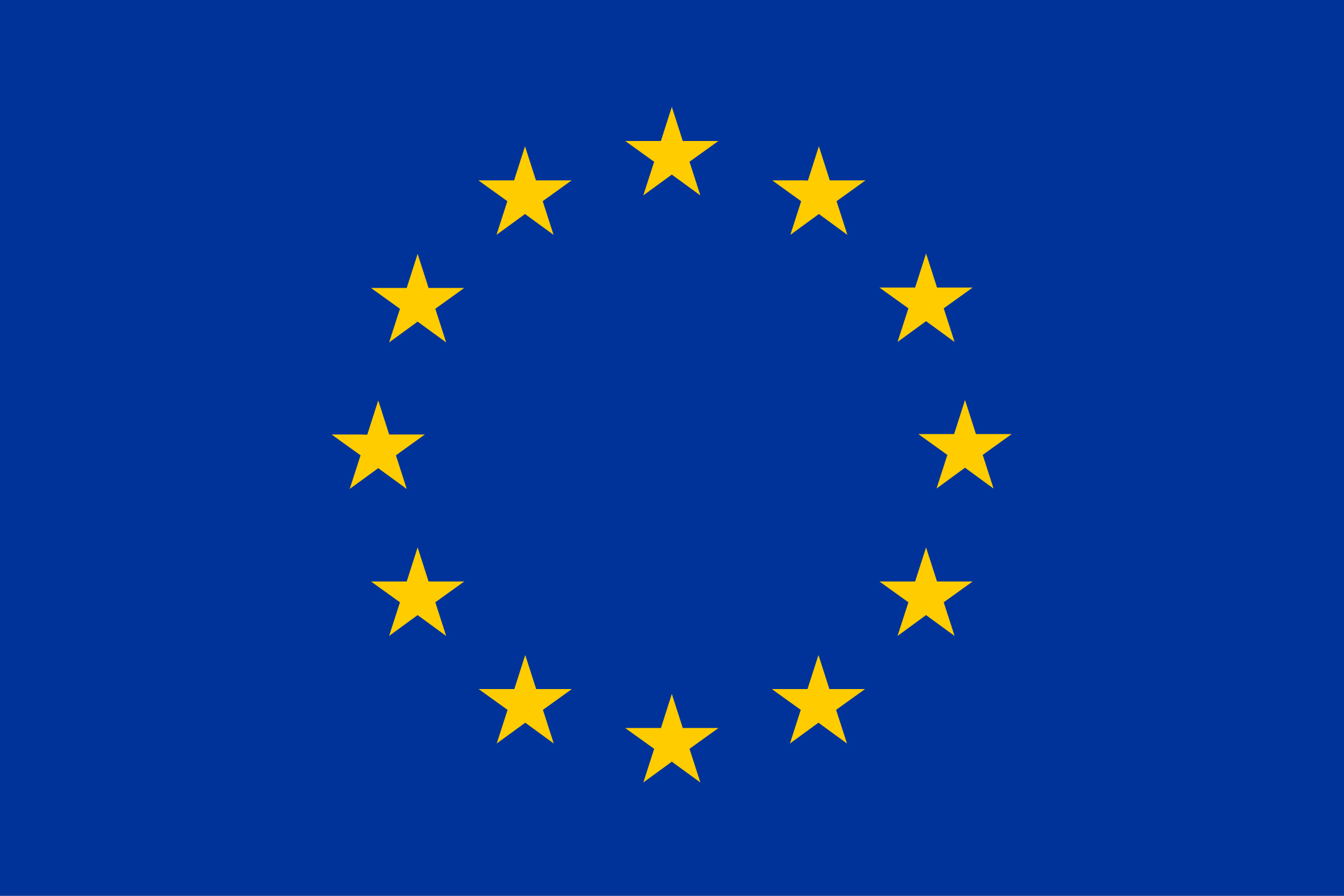
The University of Hamburg Center for Earth System Research and Sustainability (CEN) brings together the expertise of nine university institutes and facilities and is part of the KlimaCampus Hamburg. CEN Members include oceanographers, meteorologists, marine biologists, geophysicists, geologists, soil scientists, geographers and biogeochemists, as well as researchers in the business and social sciences, all of whom are actively engaged in climate, environmental and earth system research. As such, CEN links the natural and social sciences – in research, education, and in promoting and supporting the next generation of researchers – and combines resources to address far-reaching, cross-disciplinary questions. The oceanographic activities are closely coordinated with meteorological and climate research within this center.
The Institute of Oceanography (Institut für Meereskunde, IfM), as one of the members of CEN, performs basic research and academic education in physical oceanography. It has a staff of 60 researchers and is equipped for sea-going ocean work. It has access to the fleet of German research vessels. The observational activities have always been complemented by modelling studies, notably, but not exclusively, on circulation in the North Atlantic and in shelf seas. Remote sensing and data assimilation is another expertise for which UHAM is well known. The institute performs the German ECCO effort (GECCO) by which global and regional data assimilation is being performed over the past 50 years. It has access to the university’s computer centre and the German Climate Computing Centre (DKRZ).
UHAM has been actively participating in several European projects as well as in the North Atlantic fieldwork for CLIVAR. UHAM has a well-established and reputed ability for coordinating EC research projects in different disciplines (VEINS, ASOF, PRIMO, MONARCH-A, THOR, NACLIM, SPECS) and receives professional support by the financial and administrative staff of the University of Hamburg. The institute’s research plan calls for focus in the European Arctic and Sub-arctic Seas in the fields of experimental, modelling and remote sensing work. IfM is involved in the Blue-Action a four-year research and innovations project funded by the European Union’s Horizon 2020 programme. It brings together 116 experts from 40 organisations in 17 countries on three continents working in academia, local authorities and maritime industries. IfM has an expertise in development and implementation numerical models with a focus of such important for shelf and coastal regions proceses as ocean surface waves and erosion of seabed and costal line.
Main tasks in the project
In cooperation with the Max-Planck Institute for Meteorology (MPI-M), IfM will contribute to the project in WP8 by development of an Arctic coastal erosion model based on the semi-empirical model of coastal erosion DR-PIY developed at the Melnikov Permafrost Institute (Yakutsk, Russia). The coastal erosion model will be then coupled to the Earth system model of the MPI-M MPI-ESM.
UHAM staff involved in Nunataryuk
|
PI in WP8
|
 |
| PhD student in WP8 and ExCom member 2019-2020 David Nielsen Universität Hamburg Faculty of Mathematics, Informatics and Natural Sciences Climate Modelling Bundesstr. 53 20146 Hamburg |
 |


